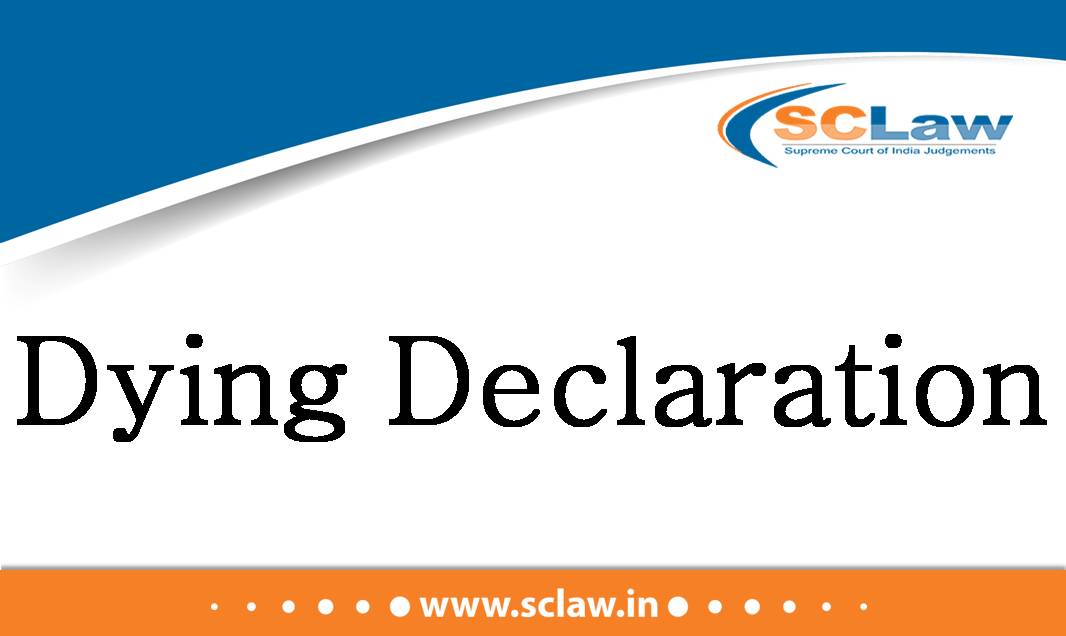Power Of Attorney Holders Cannot Give Evidence About Facts Which Are Within Personal Knowledge Of Persons They Represent
It is, therefore, settled in law that Power of Attorney holder can only depose about the facts within his personal knowledge and not about those facts which are not within…









